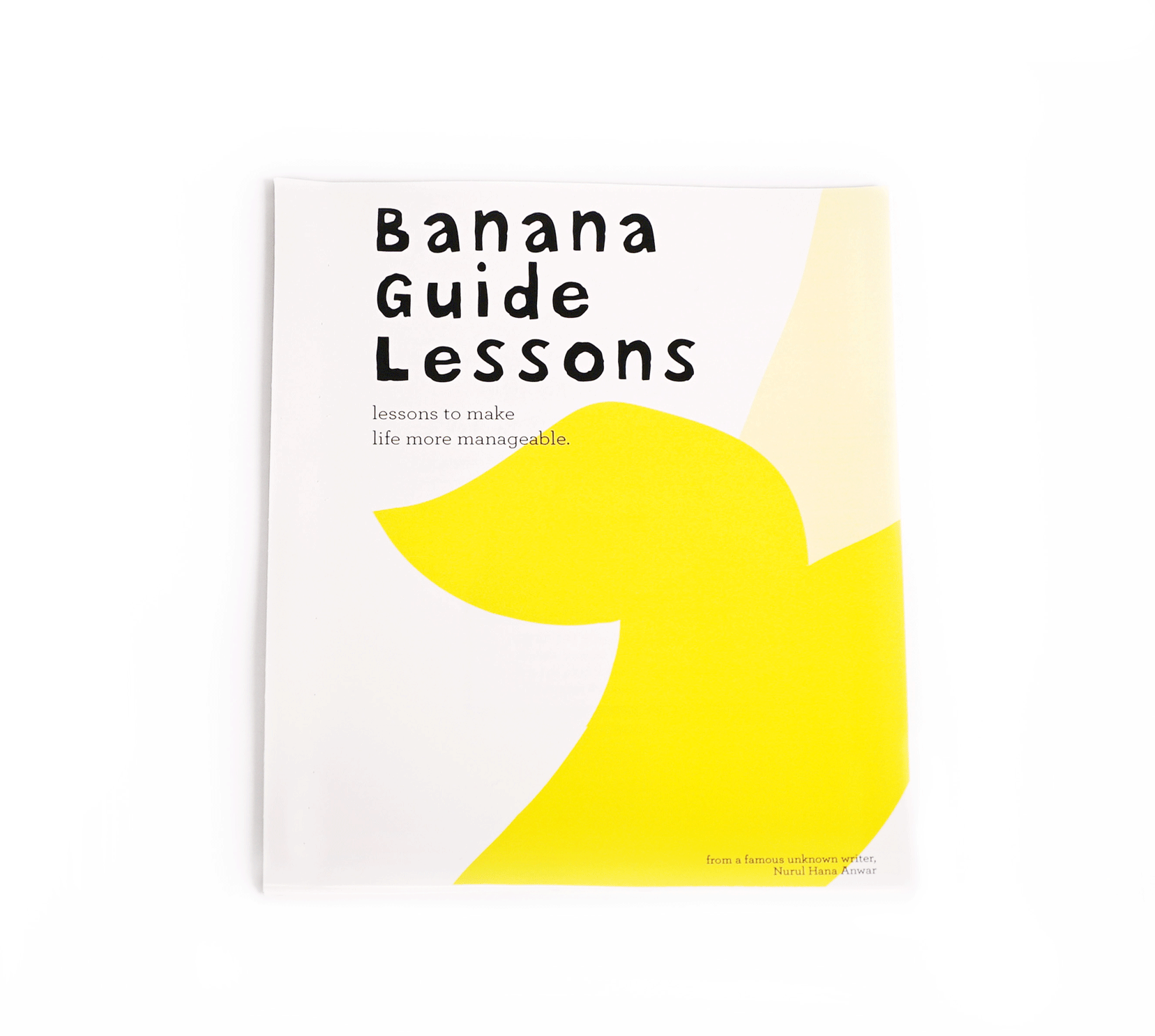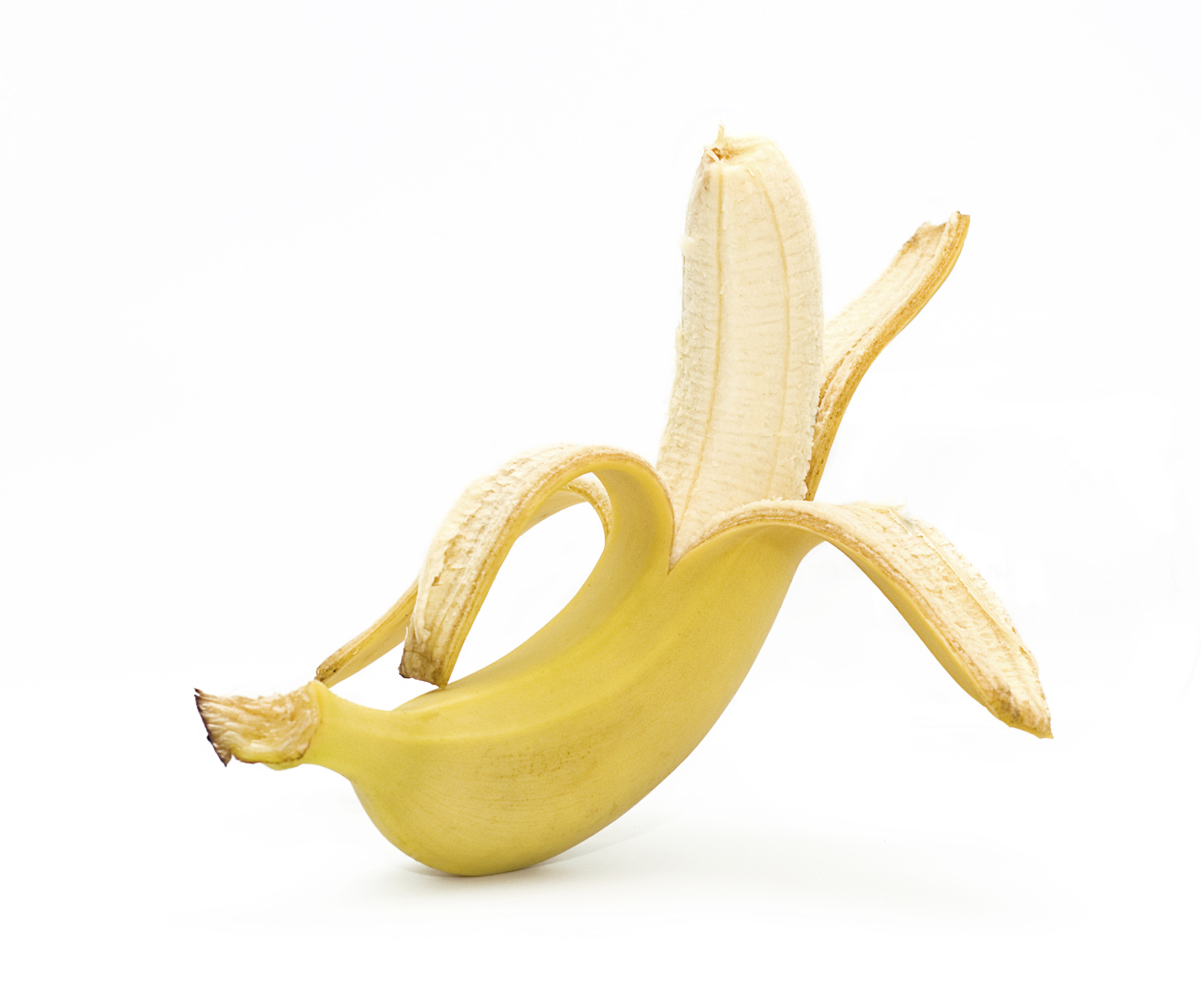Bananas are one of the most beloved fruits worldwide, known for their versatility, nutritional benefits, and ease of consumption. Whether you enjoy them as a quick snack, blend them into smoothies, or bake them into delicious treats, bananas have earned their place as a staple in many diets. This comprehensive banana guide will take you on a journey to explore everything about this remarkable fruit—from its origins and health benefits to its culinary uses and storage tips. With the right knowledge, you can make the most of bananas in your daily life while reaping their many rewards.
As we delve into this banana guide, you’ll discover fascinating facts about bananas that you might not have known before. Did you know that bananas are technically berries? Or that they come in hundreds of varieties, each with its unique taste and texture? From their role in global trade to their impact on health and sustainability, bananas have a rich history and a promising future. This article will serve as your go-to resource for understanding bananas in depth, ensuring you’re equipped with all the information you need.
Whether you’re a health enthusiast, a culinary expert, or just someone curious about bananas, this banana guide is designed to answer all your questions. We’ll explore topics like how to choose the perfect banana, creative ways to use overripe bananas, and even the environmental impact of banana production. By the end of this article, you’ll have a newfound appreciation for this humble fruit and a wealth of knowledge to share with others. Let’s get started!
Read also:Who Is Taylor Schillings Partner A Comprehensive Look Into Her Life And Relationships
Table of Contents
- What Makes Bananas So Special?
- How Can You Choose the Perfect Banana?
- What Are the Health Benefits of Bananas?
- Banana Guide for Culinary Creativity
- How to Store Bananas for Maximum Freshness?
- Are Bananas Environmentally Friendly?
- Banana Guide for Overripe Bananas: Don’t Throw Them Away!
- Frequently Asked Questions About Bananas
What Makes Bananas So Special?
Bananas stand out in the fruit world for several reasons. First, they are incredibly versatile. Whether you’re eating them raw, cooking them, or incorporating them into desserts, bananas adapt to a variety of culinary styles. Their natural sweetness and creamy texture make them a favorite among chefs and home cooks alike. Additionally, bananas are packed with essential nutrients, including potassium, vitamin C, and fiber, making them a powerhouse for health-conscious individuals.
Another fascinating aspect of bananas is their botanical classification. Despite their appearance, bananas are technically classified as berries, while the plants they grow on are considered herbs. This unique classification sets them apart from other fruits. Furthermore, bananas are grown in over 150 countries, making them one of the most widely consumed fruits globally. Their affordability and accessibility contribute to their popularity, especially in tropical regions.
Beyond their culinary and botanical appeal, bananas also play a significant role in global trade. They are one of the most exported fruits, with millions of tons shipped worldwide annually. This global demand has led to innovations in farming techniques, storage solutions, and transportation methods. However, it has also raised concerns about sustainability and ethical practices, which we’ll explore later in this banana guide.
How Can You Choose the Perfect Banana?
Choosing the right banana can make a world of difference in your culinary experience. Here are some tips to help you select the perfect banana:
- Color: Look for bananas with a vibrant yellow hue. Avoid those with green tips unless you plan to wait a few days for them to ripen.
- Texture: The skin should be smooth and free of bruises or dark spots.
- Size: Smaller bananas tend to be sweeter, while larger ones may have a milder flavor.
Another factor to consider is the intended use of the banana. If you’re planning to eat it immediately, choose a ripe banana with a few brown spots. For baking or smoothies, overripe bananas with darkened skin are ideal. On the other hand, if you’re buying bananas for future use, opt for slightly green ones and let them ripen at home.
What Are the Signs of a Spoiled Banana?
While bananas are resilient, they can spoil if not stored properly. Signs of a spoiled banana include:
Read also:Unlock Your Writing Potential With Wewillwritecom The Ultimate Guide
- Mold or fuzzy growth on the skin
- An off-putting smell
- A mushy or watery texture
If you notice any of these signs, it’s best to discard the banana to avoid any health risks.
What Are the Health Benefits of Bananas?
Bananas are often referred to as a superfood due to their impressive nutritional profile. They are rich in potassium, an essential mineral that supports heart health and regulates blood pressure. Additionally, bananas contain dietary fiber, which aids in digestion and helps maintain a healthy gut. The natural sugars in bananas provide a quick energy boost, making them an excellent pre-workout snack.
Another notable benefit of bananas is their role in mental health. Bananas contain tryptophan, an amino acid that the body converts into serotonin, a neurotransmitter responsible for regulating mood. This makes bananas a natural mood enhancer. Moreover, the magnesium content in bananas can help reduce stress and promote better sleep, further contributing to overall well-being.
Can Bananas Help with Weight Loss?
Yes, bananas can be a valuable addition to a weight-loss diet. Their high fiber content promotes satiety, helping you feel full for longer periods. Additionally, bananas are low in calories, making them a guilt-free snack option. Pairing bananas with protein-rich foods, such as peanut butter or yogurt, can further enhance their weight-loss benefits.
Banana Guide for Culinary Creativity
Bananas are not just for snacking; they can be used in a variety of creative ways in the kitchen. From breakfast dishes to decadent desserts, the possibilities are endless. Here are some ideas to inspire your culinary adventures:
- Smoothies: Blend bananas with spinach, almond milk, and protein powder for a nutrient-packed smoothie.
- Baking: Use mashed bananas as a natural sweetener in muffins, cakes, and bread.
- Frozen Treats: Slice bananas, dip them in chocolate, and freeze for a healthy dessert.
Bananas also pair well with savory dishes. For instance, they can be grilled and served with meats or added to curries for a touch of sweetness. Their versatility makes them a must-have ingredient in any kitchen.
How to Store Bananas for Maximum Freshness?
Proper storage is key to extending the shelf life of bananas. To keep them fresh for longer, store bananas at room temperature, away from direct sunlight. Hanging them on a banana hook can prevent bruising and allow for proper air circulation. If you want to slow down the ripening process, wrap the stems in plastic wrap to reduce ethylene gas exposure.
For overripe bananas, freezing is an excellent option. Peel them, slice them into chunks, and store them in a freezer-safe bag. Frozen bananas can be used in smoothies, baked goods, or as a base for ice cream.
Are Bananas Environmentally Friendly?
While bananas are a popular and nutritious fruit, their production has environmental implications. Banana farming requires significant water and pesticide use, which can harm ecosystems. Additionally, the transportation of bananas across long distances contributes to carbon emissions. However, efforts are being made to address these issues, such as promoting organic farming and reducing food waste.
Consumers can also play a role in making bananas more sustainable. Buying locally grown bananas, when available, reduces the carbon footprint associated with transportation. Supporting fair-trade initiatives ensures that farmers receive fair wages and work in safe conditions.
Banana Guide for Overripe Bananas: Don’t Throw Them Away!
Overripe bananas often get tossed in the trash, but they still have plenty of uses. Their sweetness and soft texture make them perfect for baking. Try these ideas:
- Make banana bread or muffins.
- Whip up a batch of banana pancakes.
- Create a creamy banana ice cream by blending frozen bananas with a splash of milk.
Overripe bananas can also be used in savory dishes. Mash them and add them to marinades for meats or incorporate them into sauces for a unique twist.
Frequently Asked Questions About Bananas
Are Bananas Safe for Diabetics?
Bananas can be part of a diabetic-friendly diet when consumed in moderation. Their glycemic index varies depending on ripeness, with greener bananas having a lower glycemic impact. Pairing bananas with protein or healthy fats can further stabilize blood sugar levels.
Can Bananas Cause Allergies?
While banana allergies are rare, they do exist. Symptoms may include itching, swelling, or difficulty breathing. If you suspect a banana allergy, consult a healthcare professional for proper diagnosis and management.
How Many Bananas Should You Eat Daily?
There’s no one-size-fits-all answer, but most experts recommend eating one to two bananas daily as part of a balanced diet. Consuming too many bananas can lead to excessive potassium intake, which may cause health issues in some individuals.
In conclusion, this banana guide has explored the many facets of bananas, from their health benefits and culinary uses to their environmental impact. By incorporating bananas into your diet and lifestyle, you can enjoy their delicious taste and numerous advantages. Whether you’re a seasoned banana lover or a newcomer to this versatile fruit, there’s always something new to learn and appreciate.
For more information on sustainable banana farming, check out Fairtrade International.

